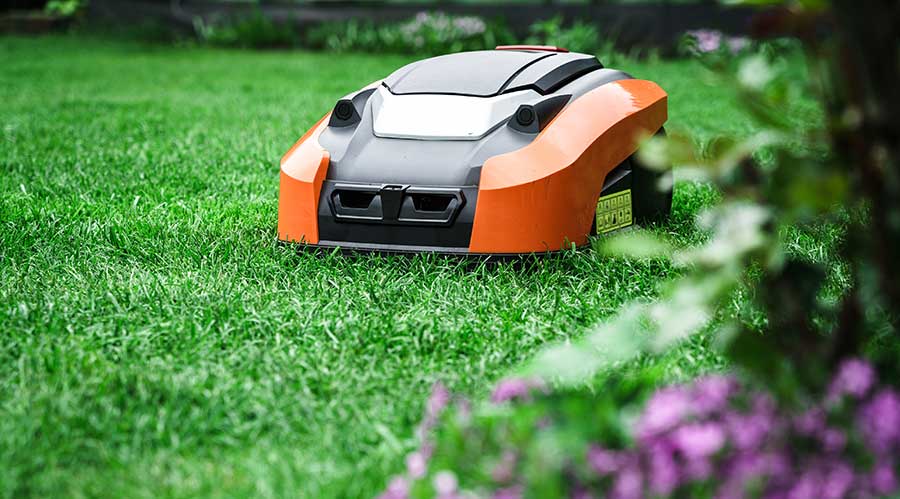Keeping an Eye on Emissions Important for Mower Maintenance
In an effort to reduce the amount of harmful exhaust gases caused by diesel-powered fuel, the U.S. Environmental Protection Agency mandated new regulations for the maximum amount of particulate matter and nitrogen oxide that diesel-powered engines can exhaust.
To stay compliant, mower manufacturers must create low-sulfur diesel products and after-treatment chemicals. Because of emission standards, the initial cost of diesel-powered mowers will be higher than competing models.
On the other hand, their operating costs will be lower. Since diesel fuel is 12 percent more powerful than gasoline, fuel costs are lower and efficiency levels are higher as a diesel mower burns less fuel. Managers also will find that diesel-powered mowers are larger than other types of mowers because they are designed for use on larger properties.
Even though Tier 4 emission standards have made diesel a cleaner burning fuel, it is still a higher-risk fuel choice, compared to battery-powered, which emits no carbon monoxide into the atmosphere, and propane, which releases minimal traces.
Oil Options
As mower manufacturers try to meet increasingly stringent environmental guidelines, the use of biodegradable hydraulic oils has received greater attention. Made from canola oil, this type of vegetable oil is both non-toxic to the environment and helps preserve the shelf life of a mower. Biodegradable hydraulic oils also will not suffocate grass or harm at-risk elements of landscapes, such as wildlife, water supplies, or vegetation. Unlike its competitors, hydraulic oil can be stored and recycled anywhere, making them more efficient.
Managers considering the use of canola and other vegetable oils need to be aware of the products' shortcomings. In their natural form, corn, soybean, canola, sunflower, peanut, and olive oil are excellent lubricants, but they lack thermal and oxidative stability. Soybean and canola oil in particular have more of these issues. And while producers have been working to increase sustainability through genetic modification, it is still a relatively new effort.
Before using biodegradable hydraulic products, managers need to ensure that the oils are compatible with their mowers. Manufacturers guidelines typically explain whether a mower is well-suited for such uses. Improper oil use can lead to malfunctions, resulting in costly repairs.
Managers looking to purchase the most appropriate mower for their landscapes must keep in mind critical issues, including cost, efficiency, and productivity. But with the development of new technology and emission standards, taking measures to improve the environment has not only become a good thing to do. It has become a more important task on a manager's priority list.
Mike Fitzpatrick is vice president of U.S. Lawns which has about 260 franchise locations nationwide. He has more than 30 years of experience in the green industry.
Related Topics:












